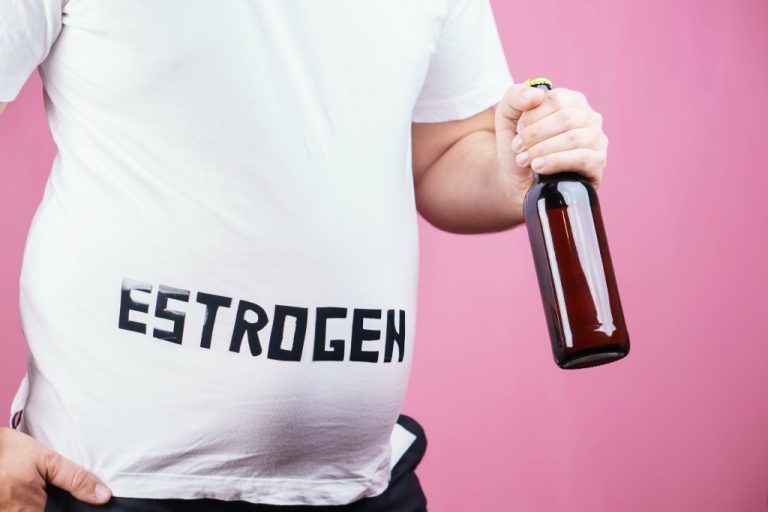While their behavior could just be the result of hormones or homework, it could also be an outside influence, like alcohol. That’s why it’s important for parents to talk to kids about alcohol and the causes of teen drinking. It can happen in any family, regardless of income, status, or ethnicity. Many parents are surprised to learn that underage drinking can start earlier than the teenage years. Read about the mental health challenges facing teenagers at Healthline and Psych Central’s Youth In Focus series, which shares useful tips, resources, and support.
Is One Type of Alcoholic Drink Safer than Another?
- Given the scientific evidence, should governments set the legal minimum age to 25 or over – once the brain has stopped developing?
- Address these by providing accurate information, and reassure them that it’s okay to make mistakes but essential to learn from them.
- I don’t expect that I would have been teetotal – I still drink today, after all, despite knowing the long-term health risks – but I might have thought twice before buying an extra round.
- A good first step is to simply get to know your child’s friends better.
- This highlights the widespread issue of teen alcohol abuse and the need for awareness.
Facts about the societal risk factors for adolescent alcoholism include peer pressure and the portrayal of teen drinking in the media. For example, research demonstrates that the Internet and advertising, including that which occurs on social media, promote drinking behaviors in teenagers. The first stage involves access to alcohol rather than the use of alcohol, tobacco, inhalants, or other drugs.

Further advice and information
While teens usually drink less often than adults, when they do drink, the quantity is often higher. “I think there’s this very little public appetite for a drinking age of 25,” says James MacKillop, who studies addictive behaviour at McMaster University in Hamilton, Ontario. “High minimum legal ages are perceived as paternalistic, and they can be seen as hypocritical if the legal age of majority for voting, or the legal age to serve in the military, is 18 or 19.” The consequences may not be immediately evident in cognitive tests; in a young brain, the regions responsible for problem solving can work a little bit harder to make up for the deficits.
Effects of underage drinking
Not all teen experimentation leads to negative outcomes – some do “mature out” of use. However, heavy or frequent misuse is less likely to disappear without intervention, and it can set a lifelong pattern of substance-related challenges if unaddressed. BetterHelp can connect you to an addiction and https://ecosoberhouse.com/ mental health counselor. Learn more about the financial impact of alcohol misuse in the United States.
- There are also certain risk factors, such as family dynamics, that influence the likelihood of teens developing an alcohol problem.
- When someone drinks frequently, their body becomes dependent on alcohol.
- Substance use during the teenage years often coincides with deteriorating academic performance.
- They may also copy your own drinking habits to establish their maturity.
Addiction Treatment: Statistics on Efficacy
Among children aged 12 to 17, nearly10%have used alcohol in the past month. Another reason your child may drink is because they want to be independent. As your child gains independence, it’s important for you to continue to monitor what’s going on in their lives. Stress (school, social, home) may be another reason your child starts drinking. Teach your child ways to cope with the stress they experience at every stage of their life. Children who have suffered abuse or have behavior or mental health problems are at an increased risk for underage drinking.

Make a Difference: Talk to Your Child About Alcohol – Parents
For those seeking addiction treatment for themselves or a loved one, all phone calls are confidential and are available for 24/7 help. All calls will be answered by The Healing Place, a paid advertiser. Any treatment center receiving calls from the site is a paid advertiser. Calls to numbers on a specific treatment center listing will be routed to that treatment center. Calls to any general helpline will be received by The Healing alcohol teens Place, a paid advertiser.
Navigating Your Own Substance Use Challenges
Your child needs to feel you are supportive and that they can confide in you, since underage drinking is often triggered by other problem areas in their life. Talking to your teen about drinking is not a single task to tick off your to-do list, but rather an ongoing discussion. Things can change quickly in a teenager’s life, so keep making the time to talk about what’s going on with them, keep asking questions, and keep setting a good example for responsible alcohol use. Adolescence is a time when teens are heavily influenced by their peers. As teens explore their identities and build meaningful relationships, it’s normal for them to want to feel like they fit in.
Adolescence is not only a Substance abuse critical development period for the brain, but numerous biological changes are happening as well influenced by an influx in hormones. Alcohol can mess with this, either increasing the rate or stunting it. Teenagers in Wyoming are 19.35% less likely to have used drugs in the last month than the average American teen. Teenagers in Wisconsin are 2.61% less likely to have used drugs in the last month than the average American teen.